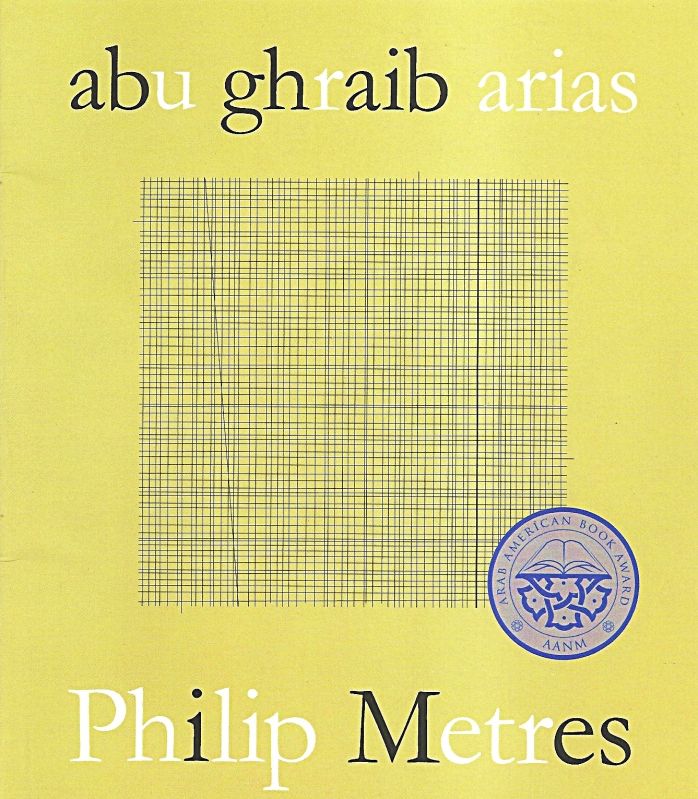When photographs documenting the torture and abuse of Iraqi soldiers and civilians at the hands of American military personal stationed at Abu Ghraib surfaced in 2004, the international community received confirmation of what it long suspected: the so-called moral compass of the United States was not just off, but completely functionless. Domestically, all but the most adamant hawks questioned the government’s mission and its treatment of Iraqi prisoners. Although it’s doubtful that it consoled the victims’ pain, even Donald Rumsfeld, at one point, conceded:
I feel terrible about what happened to these Iraqi detainees. They are human beings. They were in U.S. custody. Our country had an obligation to treat them right. We didn't do that. That was wrong. To those Iraqis who were mistreated by members of U.S. armed forces, I offer my deepest apology. It was un-American. And it was inconsistent with the values of our nation.
Any goodwill the nation experienced in its relations with the global community evaporated overnight. Political pressure began to mount against the Bush administration, and even members of his own Republican Party voiced their lack of confidence in and disdain for the unchecked warmongering and human rights violations.
Using this shameful moment in American history as a backdrop for his most recent chapbook, Phil Metres explores “the vertiginous sense of being named but silenced as an Arab American” (25) in Abu Ghraib Arias (Flying Guillotine Press, 2012). Collaging language from sources as disparate as the testimonies of Abu Ghraib torture victims, a Standard Operating Procedure manual for Camp Echo at Guantanamo Bay, the Bible, and various news stories, Metres creates a harrowing linguistic account of violence, erasure, and what it means to be both Arabic and an Arab-American in a post-9/11 world.
The opening stanza of “The Blues of Lance McCotter,” which is the collection’s first poem, reads:
four Iraqis at the gateall of them missingtheir hands or theirblank text not story (1)
To begin with, Metres creates a direct connection between the dismembered body and the silenced story. In other words, for someone to erase someone else’s narrative functions in the same manner as chopping off another’s hands. Both are acts of violence committed toward an individual in order to make them, literally, less human. And if history has taught us anything, it’s that the dehumanization of certain races, ethnicities, or cultures acts as a justification for violence upon them and, in the most extreme cases, the foundational doctrines of genocide.
Formally, Metres uses black boxes to obscure text to intensify the suppression of voices, but these opqaue swathes of color also gesture toward the hoods placed over the heads of prisoners at Abu Ghraib in many of the now infamous photographs. Likewise, this visual technique calls to mind the government’s tactics of classifying both embarrassing and incriminating information under the guise of national security.
As Abu Ghraib Arias progresses, the silencing of voices increases in its intensity and scope. By the concluding permutation of the poem “(echo /ex/),” all that remains are trace elements of a narrative: quotation marks, apostrophes, and brackets. The text, literally, cannot be vocalized. Although the chapbook appears to conclude on a pessimistic note, Metres’ desire to provide a voice for a silenced population has resonated beyond the confines of his text. Not only did the chapbook win this year’s Arab American Book Award, but Flying Guillotine Press recently published a second-edition of Abu Ghraib Arias after the first-edition sold out. With any hope, such exposure will remind readers of what happens when a government (American or otherwise) abuses its power, and its people passively accept its draconian laws and imperialist platforms, while simultaneously offering an outlet for the poignant song of both the Arabic and Arab-American voice in a post-9/11 world.


Là một trong những doanh nghiệp hàng đầu trong lĩnh vực vận tải logistics, Indochina Post tự tin là đối tác vận tải tin cậy của quý khách hàng.
ReplyDeleteĐặc biệt
Từ Hà Nội, Indochina Post chuyên cung cấp dịch vụ chuyển phát nhanh giấy tờ, bưu phẩm tới toàn bộ tỉnh thành của Thái Lan: chuyển phát nhanh từ Hà Nội đi Thái Lan , chuyển phát nhanh từ Hà Nội đi Thái-Bangkok , chuyển phát nhanh từ Hà Nội đi Thái-Nakhon Ratchasimakorat , chuyển phát nhanh từ Hà Nội đi Thái-Ubon Ratchathani , chuyển phát nhanh từ Hà Nội đi Thái-Khon Kaen , chuyển phát nhanh từ Hà Nội đi Thái-Buri Ram , chuyể n phát nhanh từ Hà Nội đi Thái-Udon Thani , chuyển phát nhanh từ Hà Nội đi Thái-Sisaket.